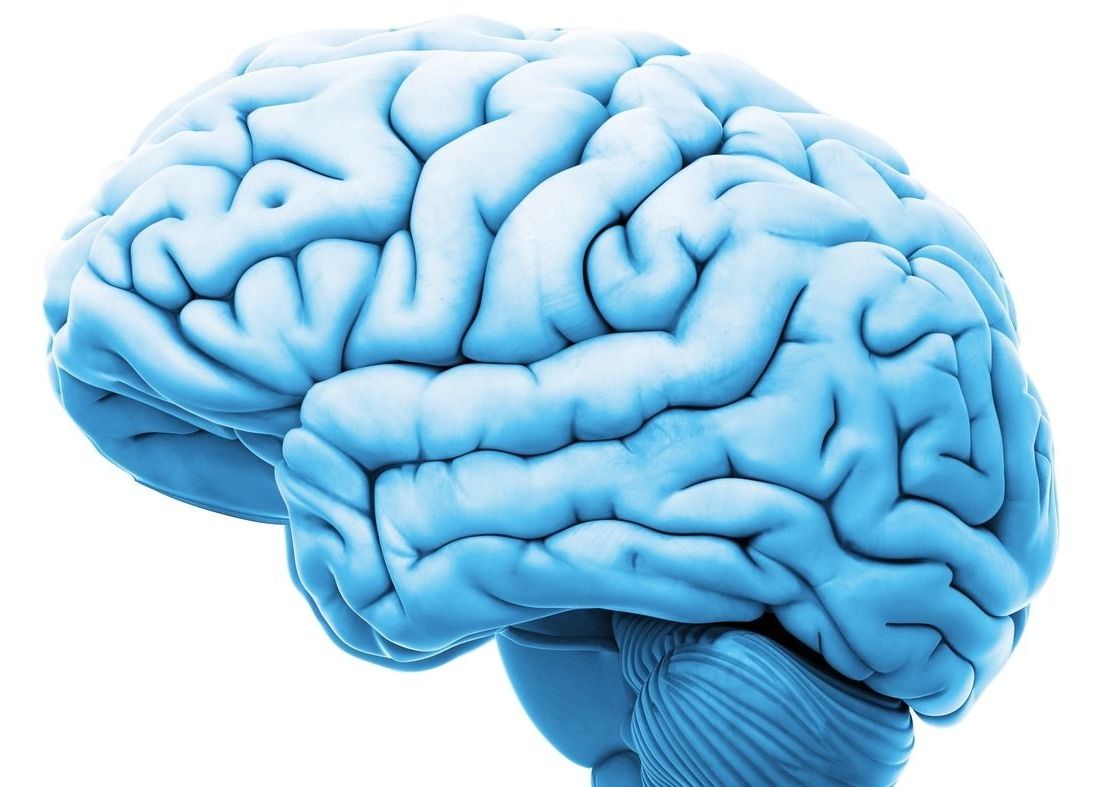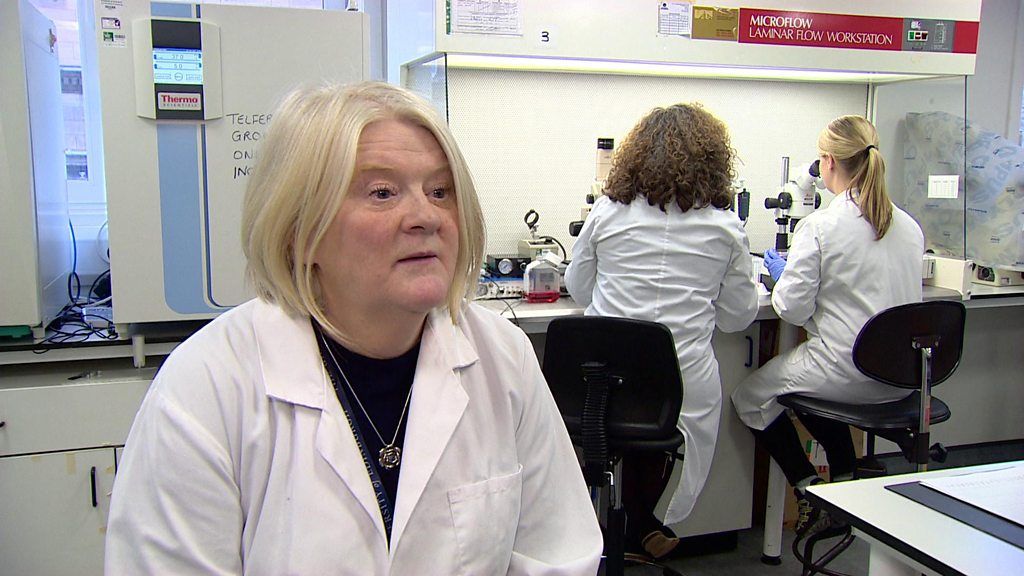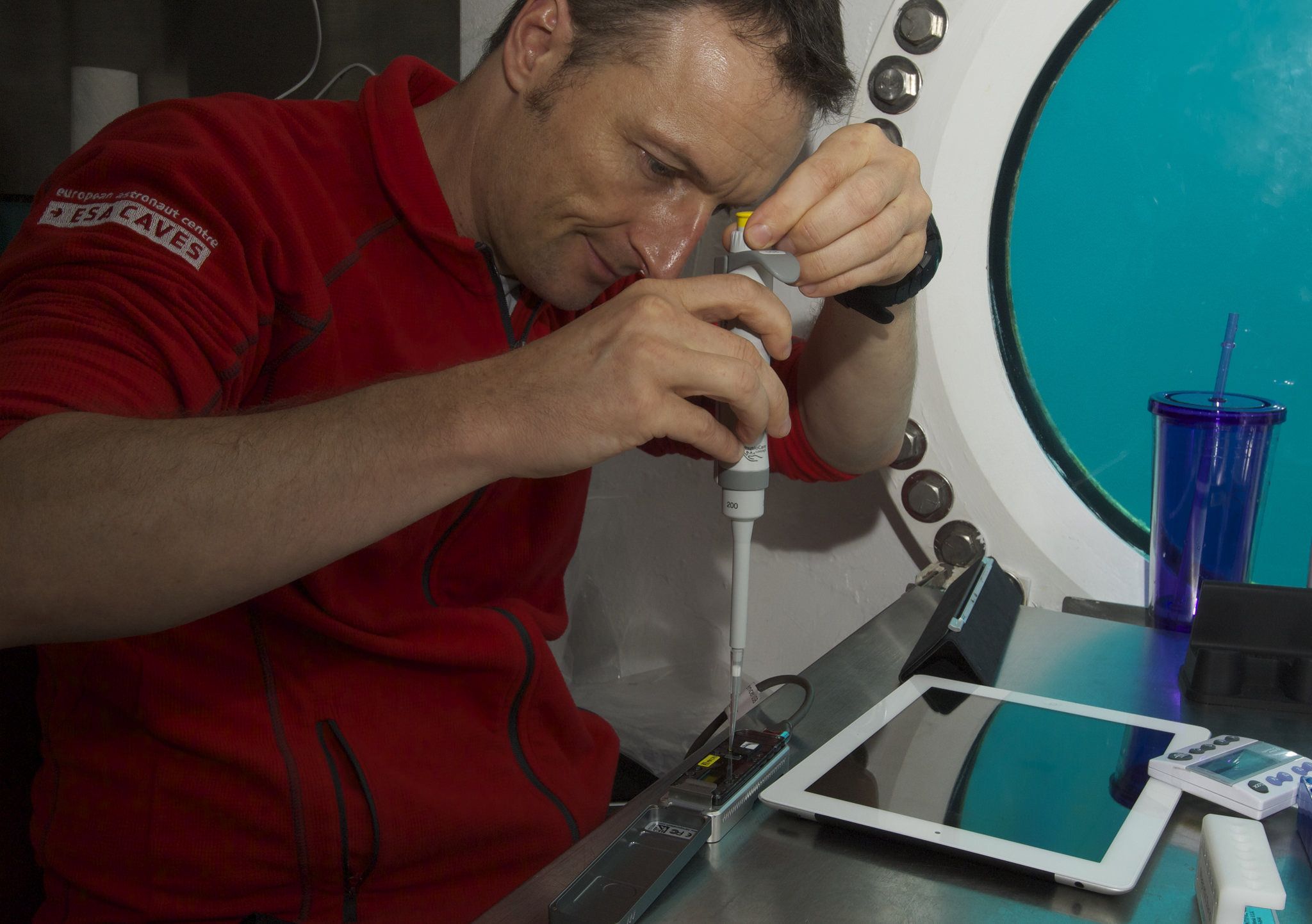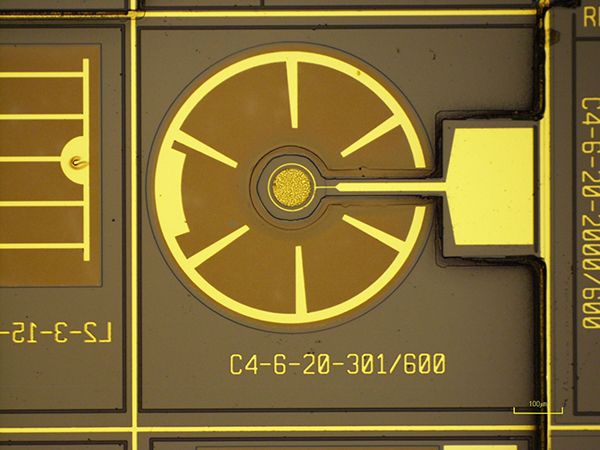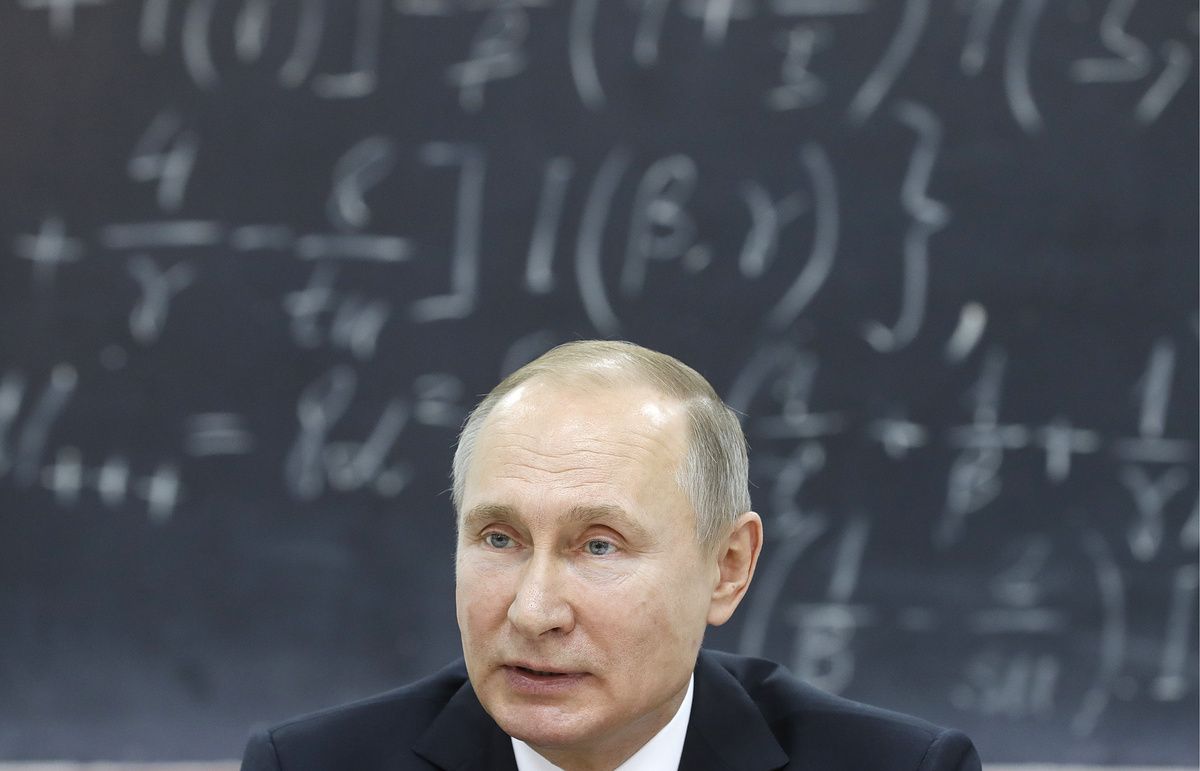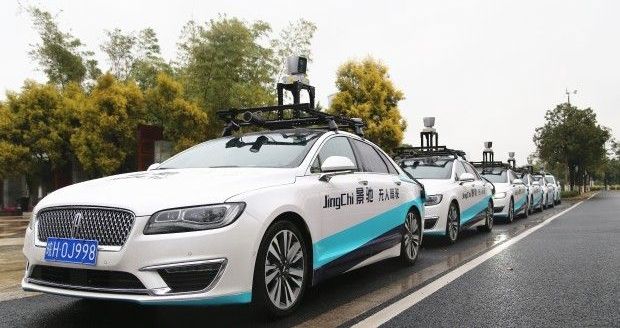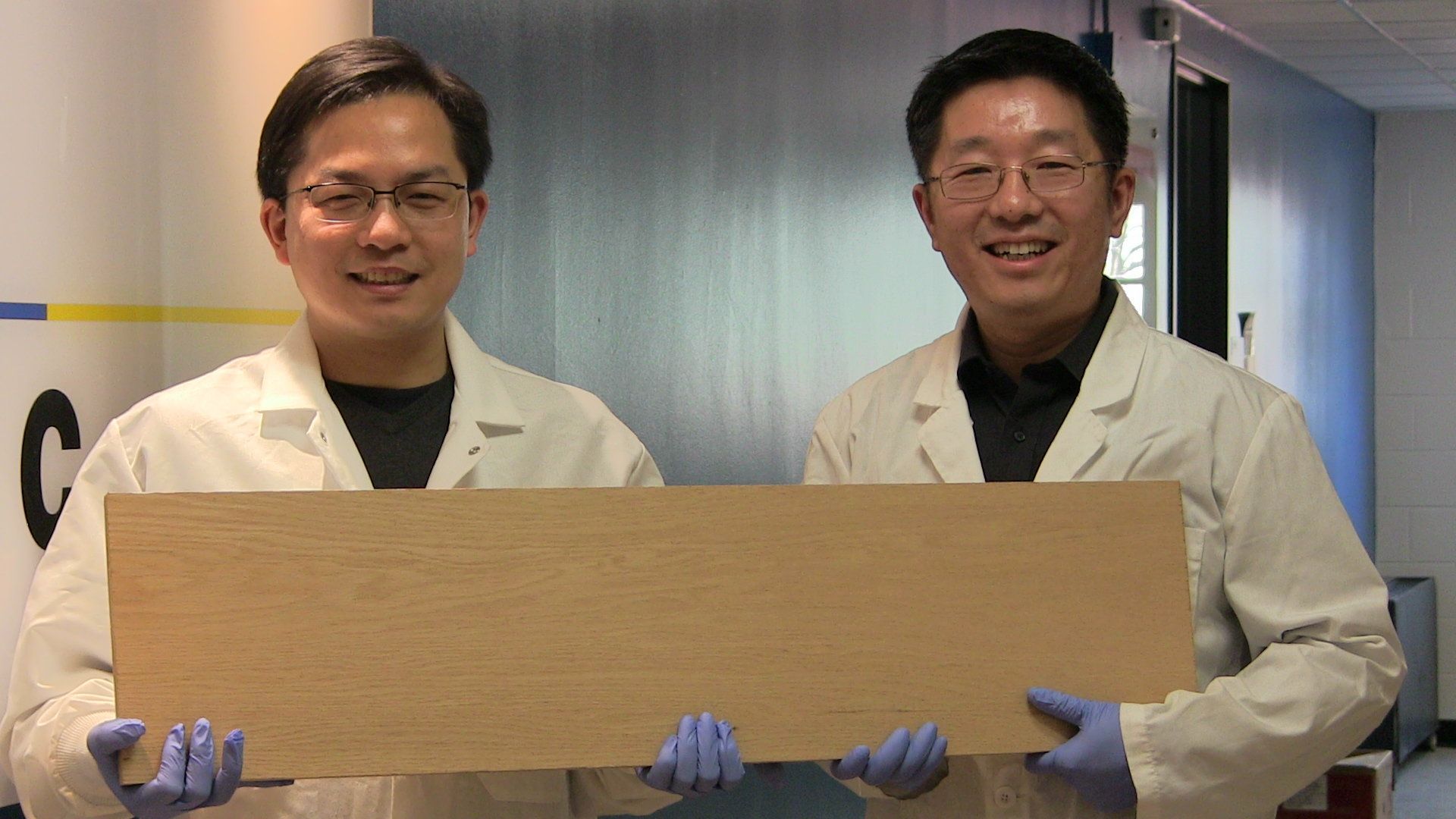Feb 9, 2018
Major Psychiatric Disorders Have More In Common Than We Thought, Study Finds
Posted by Genevieve Klien in categories: biotech/medical, genetics, neuroscience
Major psychiatric disorders like autism, schizophrenia and bipolar appear to have more in common than we thought they did. A new study finds that they have important similarities at a molecular level.
And understanding the molecular basis of major disorders such as autism, schizophrenia and bipolar is hopeful, because it could help in developing better treatments for them.
These psychiatric disorders are diagnosed by how a patient behaves. There are no clear signs on a brain “that you can see with your eyes or most microscopic techniques,” says Dan Geschwind, a professor of neurogenetics at UCLA. His team’s findings were published in Science this week.
Continue reading “Major Psychiatric Disorders Have More In Common Than We Thought, Study Finds” »
